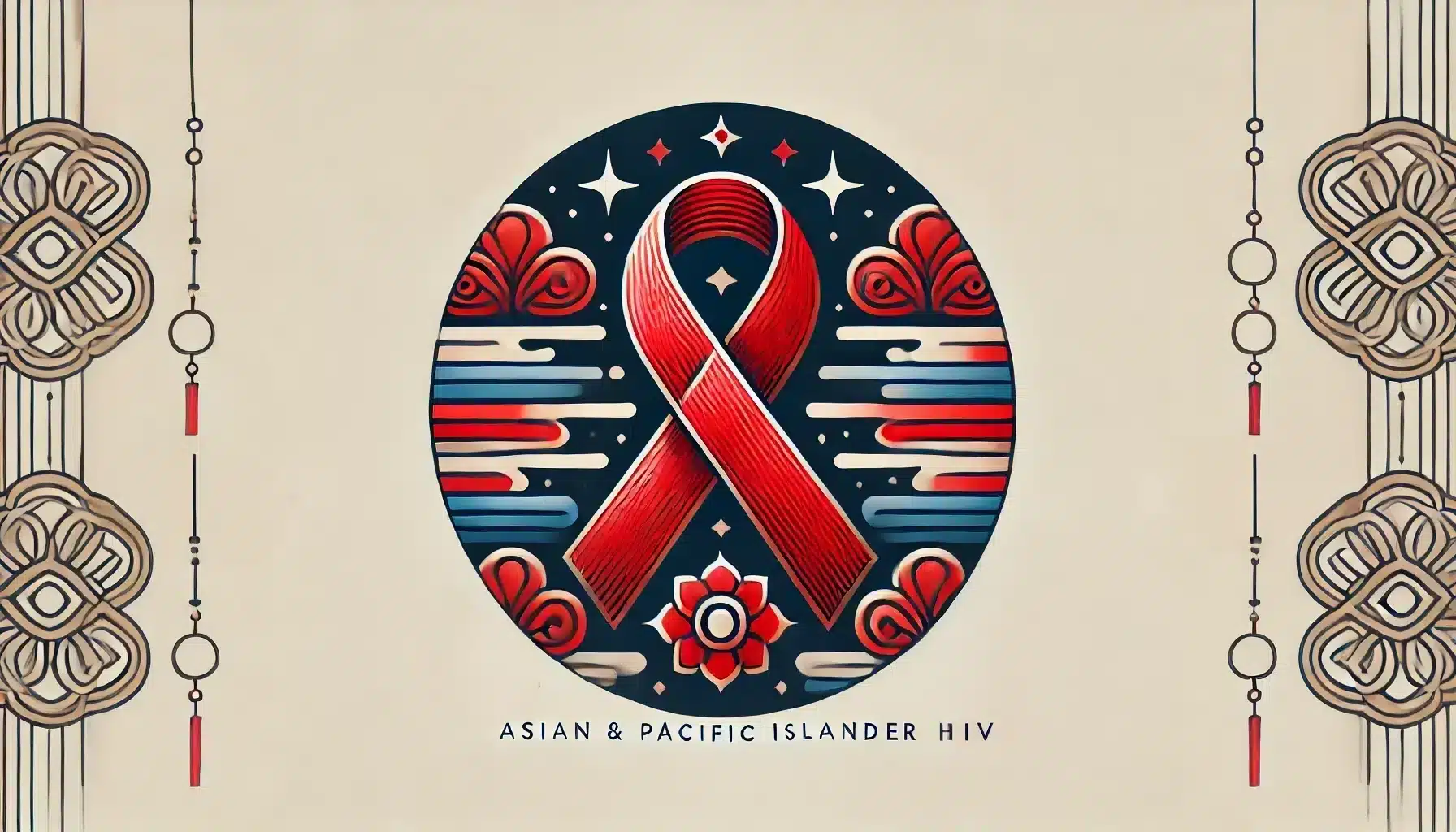What is National Asian & Pacific Islander HIV/AIDS Awareness Day?
National Asian & Pacific Islander HIV/AIDS Awareness Day (NAPIHAAD) is observed annually on May 19 to raise awareness about the impact of HIV/AIDS on Asian and Pacific Islander (API) communities. Established in 2005 by the Banyan Tree Project and the San Francisco Community Health Center, this observance promotes education, stigma reduction, and access to HIV prevention, testing, and treatment services tailored to API populations.
HIV/AIDS continues to disproportionately affect API communities due to cultural stigma, limited awareness, and barriers to healthcare access. This day encourages open conversations about HIV, promotes testing, and advocates for culturally sensitive healthcare services.
History and Origin
National Asian & Pacific Islander HIV/AIDS Awareness Day was first recognized in 2005 as an initiative to address rising HIV/AIDS rates and the stigma surrounding the disease within API communities. Led by the Banyan Tree Project and the San Francisco Community Health Center, the initiative aimed to provide accurate information, promote HIV testing, and improve health outcomes for APIs affected by HIV/AIDS.
Since its inception, the observance has gained national recognition, with advocacy groups, healthcare providers, and community organizations participating in awareness campaigns and educational events.
Who Participates in National Asian & Pacific Islander HIV/AIDS Awareness Day?
- Community organizations: Host outreach programs, workshops, and testing events to educate API communities about HIV prevention and care.
- Healthcare providers: Offer culturally sensitive HIV testing, counseling, and treatment services tailored to API populations.
- Public health departments: Develop awareness campaigns to reduce stigma and improve HIV-related healthcare access for APIs.
- Individuals: Participate in advocacy efforts, share personal experiences, and encourage HIV testing among peers.
- Advocacy groups: Push for policy changes that promote equitable healthcare access for API communities affected by HIV/AIDS.
Slogans and Themes
National Asian & Pacific Islander HIV/AIDS Awareness Day focuses on reducing stigma, increasing access to testing, and improving healthcare equity. Messaging emphasizes the importance of open conversations about HIV and culturally inclusive care.
Slogans such as “Break the Silence: End HIV Stigma,” “Stay Strong: Get Tested,” and “HIV Awareness Saves Lives” reinforce the need for education, testing, and community support.
Colors
- Red: Represents HIV/AIDS awareness and solidarity with those affected.
- Gold: Symbolizes hope, strength, and the cultural richness of API communities.
Symbols
- Red ribbon: Recognized worldwide as the symbol of HIV/AIDS awareness and support.
- Lotus flower: Represents resilience, enlightenment, and overcoming stigma in API communities.
- Hands holding a heart: Symbolizes care, support, and the importance of community in the fight against HIV/AIDS.
Patterns
- Traditional Asian and Pacific Islander motifs: Celebrate cultural heritage and the importance of community-based health initiatives.
- Interwoven ribbons: Represent unity, awareness, and collective action against HIV/AIDS.
- Wave patterns: Symbolize the continuous efforts in HIV advocacy and prevention within API populations.
Most Used Hashtags
- #NAPIHAAD
- #APIMay19
- #StopHIVStigma
- #GetTested
- #HIVAIDSAwareness
How to Celebrate National Asian & Pacific Islander HIV/AIDS Awareness Day
- Attend community events: Join local health fairs, workshops, and seminars focused on HIV education and prevention.
- Get tested: Take advantage of free or low-cost HIV testing services offered by community health centers.
- Share information: Use social media to spread awareness, share personal stories, and promote HIV education.
- Volunteer: Support organizations that provide HIV prevention, treatment, and advocacy services in API communities.
- Encourage conversations: Discuss the importance of HIV awareness with family and friends to help reduce stigma.
Why is National Asian & Pacific Islander HIV/AIDS Awareness Day Important?
This observance plays a crucial role in highlighting the unique challenges faced by API communities regarding HIV/AIDS, including cultural stigma, language barriers, and limited healthcare access. Many individuals in API communities may not seek HIV testing due to fear, misinformation, or lack of available services.
By promoting education, encouraging early testing, and advocating for culturally competent healthcare, NAPIHAAD helps reduce new infections and improves the quality of life for those living with HIV/AIDS. This day also works toward eliminating stigma, ensuring that everyone;regardless of background;has access to the healthcare and support they need.
Features
May 19: Asian & Pacific Islander HIV / AIDS Awareness Day (United States)
Why do you keep falling for the same type?
Read the article Lovemaps: the hidden blueprint of our love.

